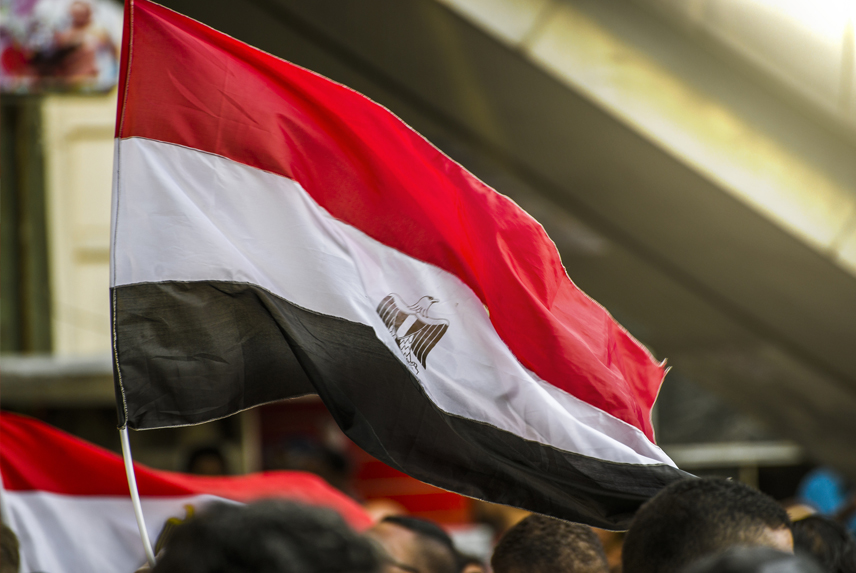
Posted On : Dec 15 2020
Gama’a al-Islamiyya : From Militancy to Reconciliation
Gama’a al-Islamiyya, commonly referred to as the Islamic Group (IG), is an Egyptian Islamist organization that has played a significant role in the country`s modern history.

Founded in the 1970s, the group initially advocated for the establishment of an Islamic state through violent means. However, it later underwent a transformation, leading to a historic shift towards non-violence and reconciliation.
Gama’a al-Islamiyya emerged in the 1970s during a period of growing Islamic activism in Egypt. The group's core ideology was rooted in the desire to establish an Islamic state governed by Sharia law. At its inception, the organization was heavily influenced by the teachings of Sayyid Qutb and sought to achieve its goals through armed struggle.
Throughout the 1980s and 1990s, Gama’a al-Islamiyya was responsible for a series of violent attacks in Egypt, including assassinations, bombings, and other acts of terrorism. One of the most notorious acts was the Luxor massacre in 1997, where the group targeted tourists, resulting in significant loss of life.
In the late 1990s, there was a significant shift within Gama’a al-Islamiyya towards non-violence and reconciliation. The leadership recognized that the group's violent tactics had caused immense suffering and alienated the Egyptian population. Key figures, including Sheikh Abdel Razzak, advocated for a new approach that emphasized peaceful dialogue and coexistence.
In 1997, Gama’a al-Islamiyya declared a unilateral ceasefire, renouncing violence as a means to achieve its goals. This marked a turning point in the organization's history. Subsequently, the Egyptian government released many imprisoned members, and the group embarked on a process of ideological revisionism.
Today, Gama’a al-Islamiyya has largely abandoned its militant past and transformed into a non-violent, political, and social organization. It has been involved in various community-based initiatives and charitable activities. The group's leaders have publicly denounced terrorism and violence and expressed a commitment to peaceful coexistence within Egypt.
Despite its move towards non-violence and reconciliation, Gama’a al-Islamiyya still faces challenges. Some factions within the group remain resistant to the changes, and there are concerns about potential radicalization. Additionally, Egyptian authorities maintain a watchful eye on the organization, viewing it with scepticism due to its history of violence.
Gama’a al-Islamiyya's journey from militancy to reconciliation is a remarkable example of ideological transformation. The organization, once associated with violence and terrorism, has evolved into a non-violent social and political entity. While challenges remain, Gama’a al-Islamiyya's shift towards peace and reconciliation reflects the changing dynamics within Egypt's Islamist movements. It serves as a reminder that even deeply entrenched militant groups can change course and contribute positively to their societies when engaged through dialogue and rehabilitation efforts. The transformation of Gama’a al-Islamiyya offers hope for a more peaceful and inclusive future in Egypt.
No Comments Added




















